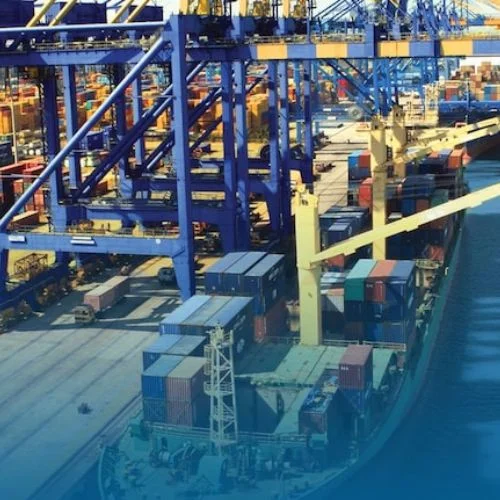GlobalFoundries, a contract chip manufacturer with its headquarters in the United States, announced Tuesday the opening of its $4 billion expansion manufacturing unit in Singapore, anticipating “growth in demand for essential semiconductor chips.”
Prior to Tuesday’s opening, Thomas Caulfield, president and CEO of GlobalFoundries, gave CNBC an interview in which he stated, “I’m confident that over the next decade, this industry will double again.”
He listed a few catalysts, such as “new and significant applications, the whole AI and how that will change society,” that will spur demand for chips.
“The automotive industry appears to be enduring. Artificial intelligence clouds appear to be strong. The industry is still going strong. Consumer-related topics remain weak, according to Caulfield’s Monday statement.
Foundries are businesses that semiconductor companies hire to make chips. With 200 clients worldwide, GlobalFoundries manufactures semiconductors created by companies like Qualcomm, MediaTek, and NXP Semiconductors.
Its chips are used in 5G and AI, as well as smart speakers, virtual reality systems, video game consoles, and autos.
According to the Singapore Semiconductor Industry Association, Singapore provides 11% of the world’s semiconductors.
After TSMC and Samsung, GlobalFoundries is the third-largest foundry in the world by revenue, according to market intelligence company TrendForce.
The press announcement stated that the 23,000 square meter fab facility in Singapore will expand the business’s global manufacturing footprint and improve its capacity to serve clients across its manufacturing facilities in three continents.
The new fab will generate an extra 450,000 wafers (300mm) yearly, bringing GlobalFoundries Singapore’s total capacity to over 1.5 million wafers (300mm) annually, according to the company. This makes it Singapore’s most cutting-edge semiconductor facility to date.
In 2010, GlobalFoundries bought Chartered Semiconductor Manufacturing in Singapore and gained control of its fabrication facilities.
The facility can now produce 720,000 (300mm) wafers and 692,000 (200mm) wafers annually. These wafers are the foundational component used to make semiconductors.
According to the firm, the new facility would generate roughly 1,000 “high-value” employees in Singapore, 95% of which will be engineers, equipment technicians, and process technicians. Currently, GlobalFoundries employs about 4,500 people in Singapore.
In order to address the then-current demand for semiconductor chips, GlobalFoundries stated in June 2021 that it would build a new fab on its current Singapore campus in collaboration with the city-state’s Economic Development Board.
The Nasdaq-listed semiconductor manufacturer announced in June of the following year that its first tool had been delivered to the Singapore location. Additionally, it has production plants in Germany and the United States.
“GlobalFoundries and the Singaporean government have a long-standing relationship. The government of Singapore has industrial strategies that aim to attract high-tech industries and innovation to the area. And that’s the reason why so many outstanding businesses have manufacturing operations here, Caulfield told Sri Jegarajah of CNBC.
“What happens now is that other countries will want to have semiconductor manufacturing as well and that they [will] need to adjust their industrial policies to help create that competitive landscape where manufacturing and those regions are economically competitive,” he continued. “This is because they will realize how important semiconductor manufacturing is to their region, for sovereign security, for supply chain, for economic security.”
According to GlobalFoundries, the expansion will also employ AI techniques to boost efficiency, such as wafer pattern recognition to automatically classify and identify wafer flaws.















